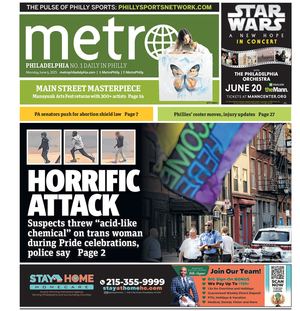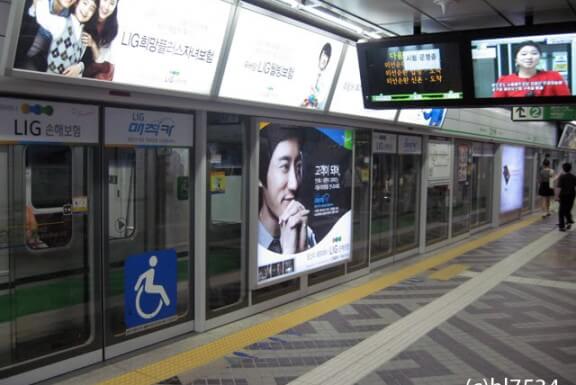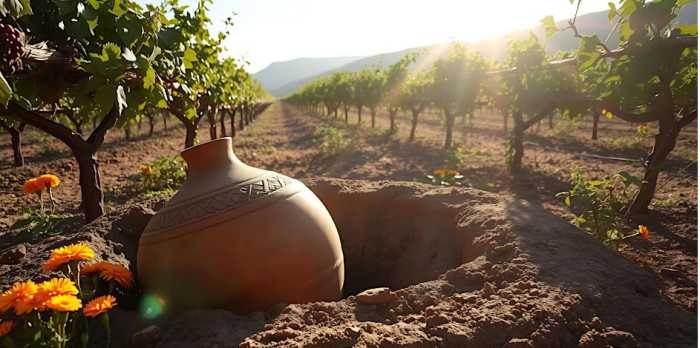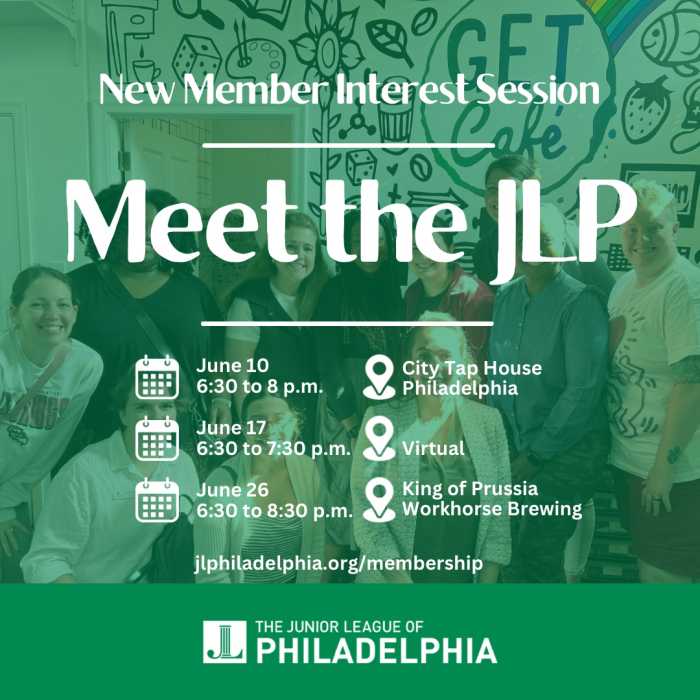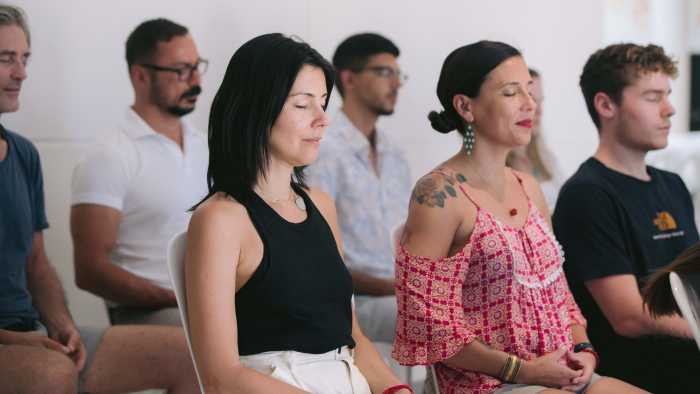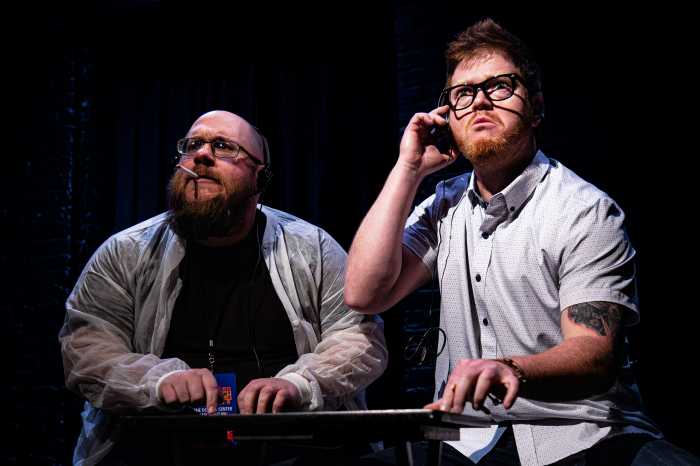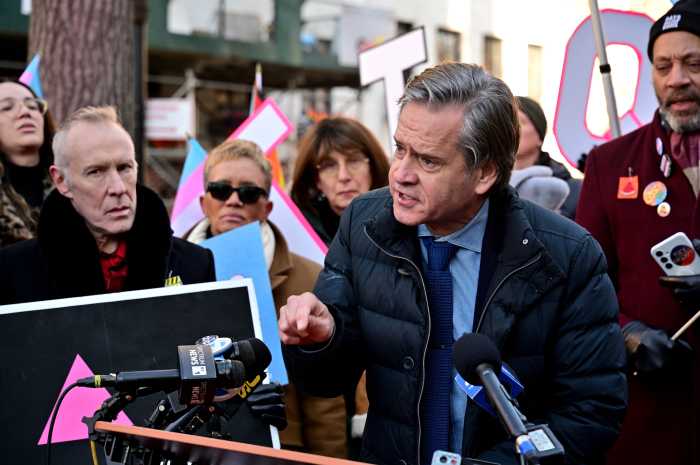Cardinal Anthony J. Bevilacqua, Archbishop Emeritus of Philadelphia, died in his sleep last night at 9:15 p.m. at Wynnewood’s Saint Charles Borromeo Seminary where he lived, Archdiocesan spokeswoman Donna Farrell confirmed. He was 88 years old.
Bevilacqua served as the Archbishop of Philadelphia from February 11, 1988 to October 7, 2003 and became a Cardinal in 1991. He joined the church at the age of 14, entering Cathedral College in Woodhaven, Queens after a tough childhood in Brooklyn, New York as one of 11 children of poor Italian immigrants. He graduated from the Immaculate Conception Seminary at the age of 26 and was ordained to the priesthood in 1949.
He began his career in Brooklyn, specifically championing the immigrant cause and establishing the diocese’s Catholic Migration and Refugee Office in 1971.
In 1976 he was made monsignor and chancellor of the Brooklyn diocese, then auxiliary bishop in 1980. He earned advanced degrees in church law from the Gregorian Pontifical University in Rome, in lay law from St. John’s University Law School and in political science from Columbia University.
He became bishop of the Pittsburgh Diocese in 1983, where he became known for his
frequent parish visits and interfaith efforts targeting unemployment. His personal visits to parishes in his diocese was a tradition that would continue throughout his entire career.
He was named the 11th bishop and seventh archbishop of the
Philadelphia Archdiocese in late 1987 and officially took office in February 1988.
In response to a declining number of priests and parish attendees, Bevilacqua called for a Period of Renewal to begin in 1991, the year he became cardinal, creating parish finance councils and placing lay people in administrative positions.
He continued to fight for immigrant rights and the poor, calling on the state to fund food stamps for legal immigrants in 1998 and championing welfare recipients who risked losing benefits if they did not work 20 hours a week. He also set up service centers for African American and Latino Catholics.
Cardinal Bevilacqua created a community development office to aid blighted neighborhoods in his last year of office. Having become the state’s largest social-service provider, the archdiocese also began a $41 million human-services construction program with seven projects, including a Downington senior home, a Bensalem complex for troubled youths and the Cardinal Bevilacqua Community Center in Kensington.
But Cardinal Bevilacqua’s tenure was also marred by controversy — a Common Pleas Court judge reaffirmed an earlier ruling
that the Cardinal was competent to testify in the trial of three priests
accused of sex abuse the day before he died.
When the clergy abuse scandal rocked Philadelphia in 2002, Bevilacqua was claimed to have ignored victims and allowed abusive priests to continue unchecked, according to a September 2005 grand jury report that named 63 working priests who had abused children in the last 50 years.
Bevilacqua never commented on the report and rarely appeared in public, largely retreating to the solace of the seminary where he died.
His funeral arrangements are currently pending.
